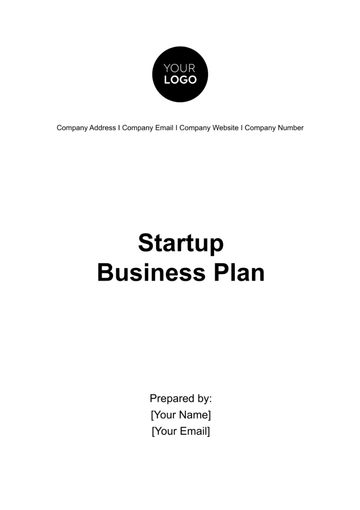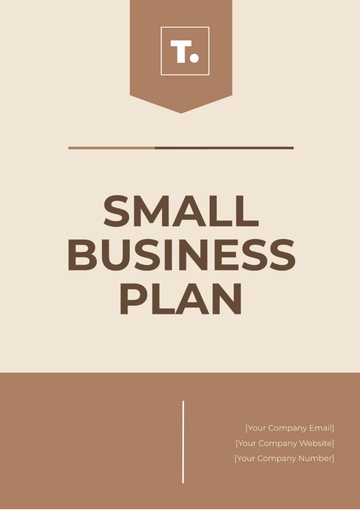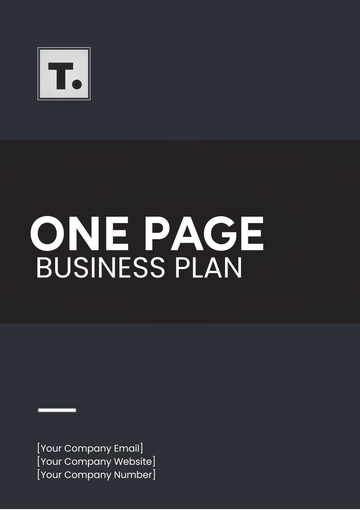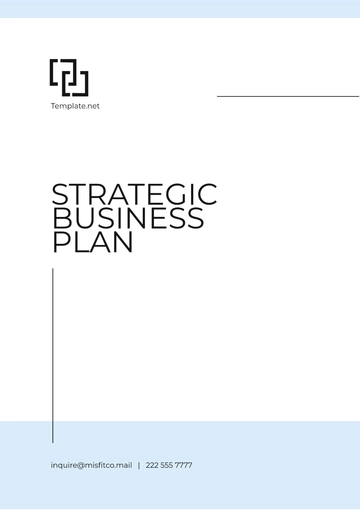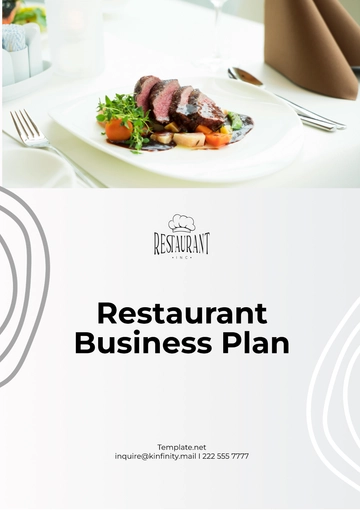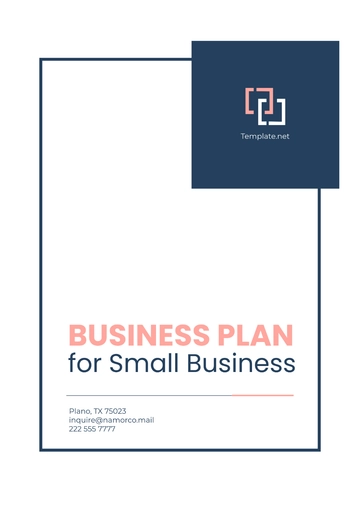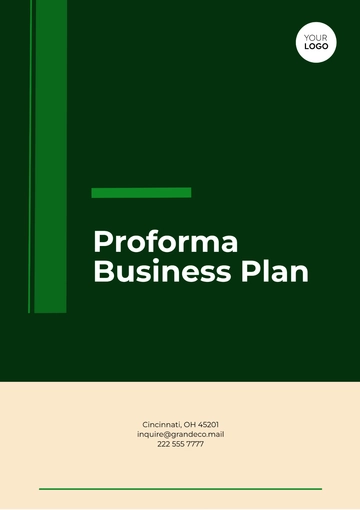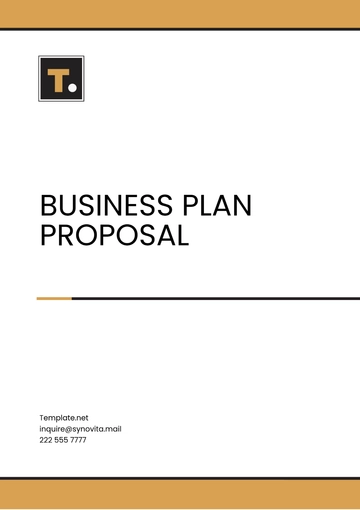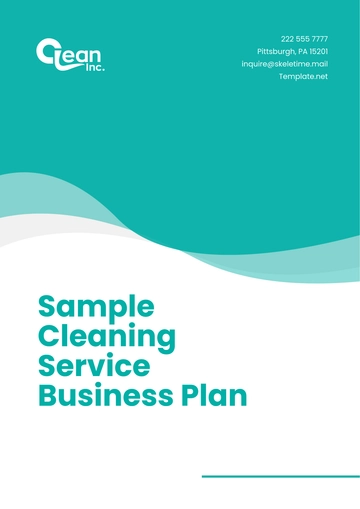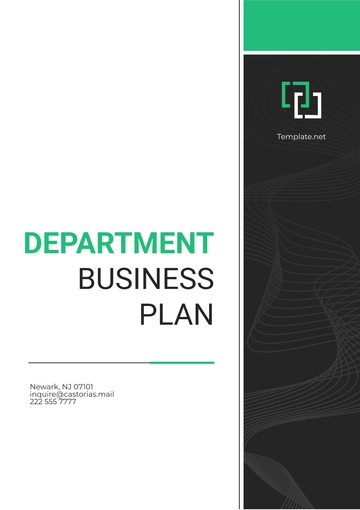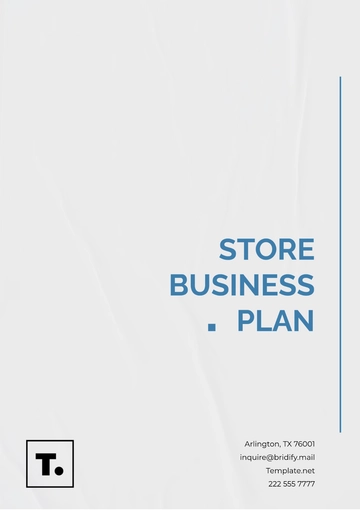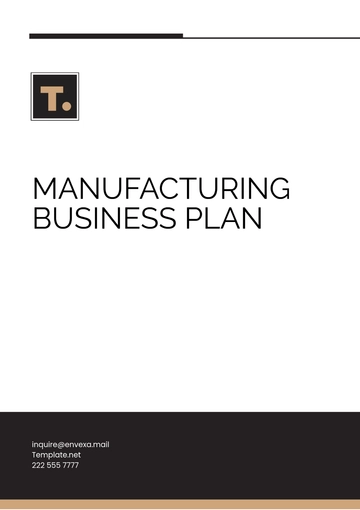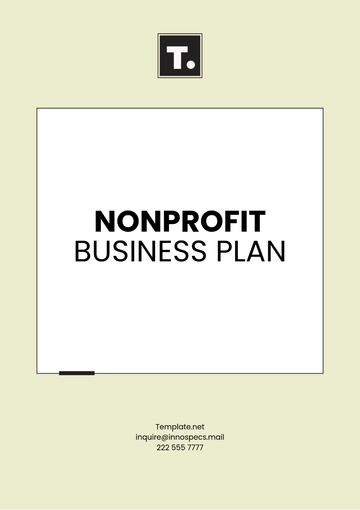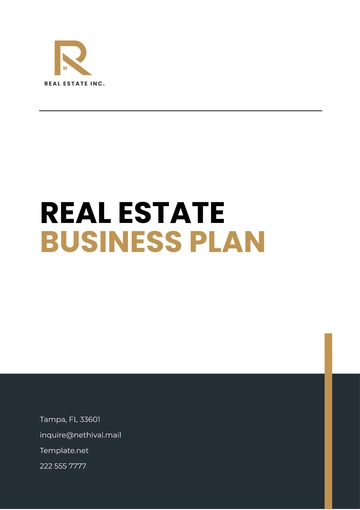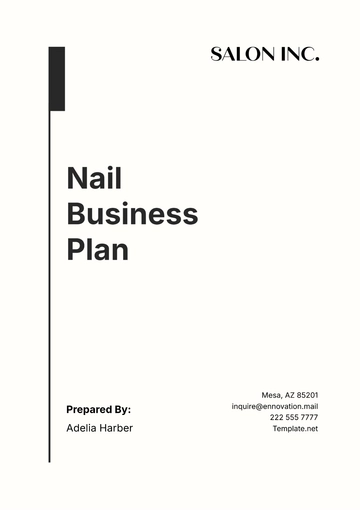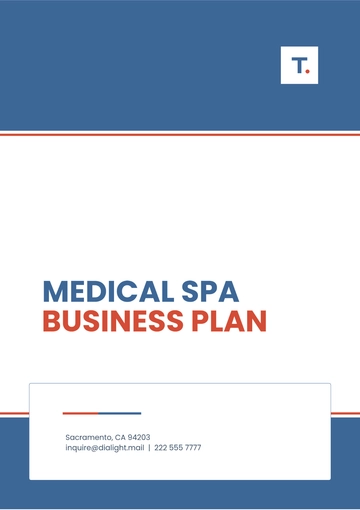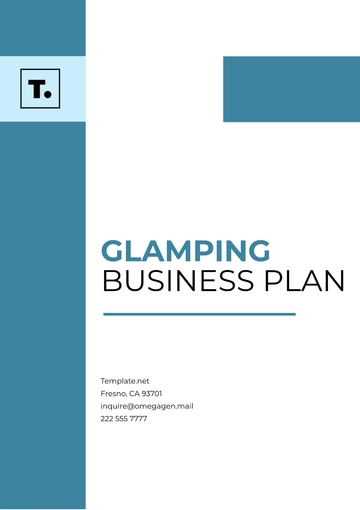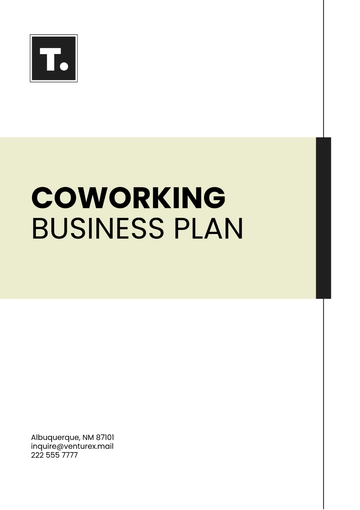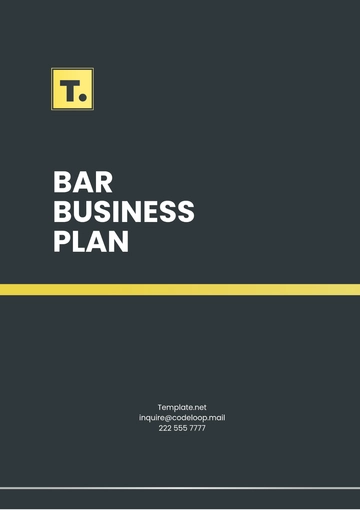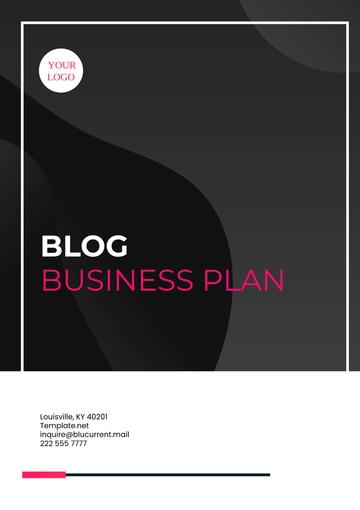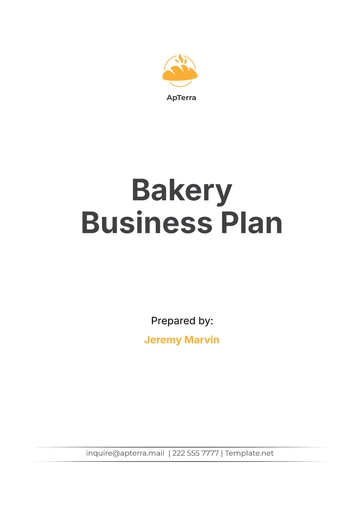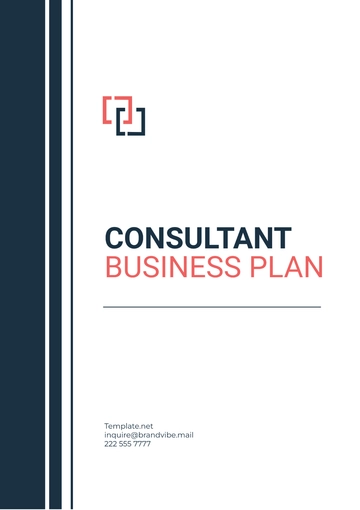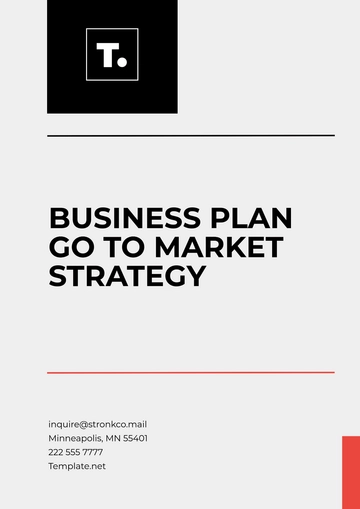Free 5 Year Retail Business Plan
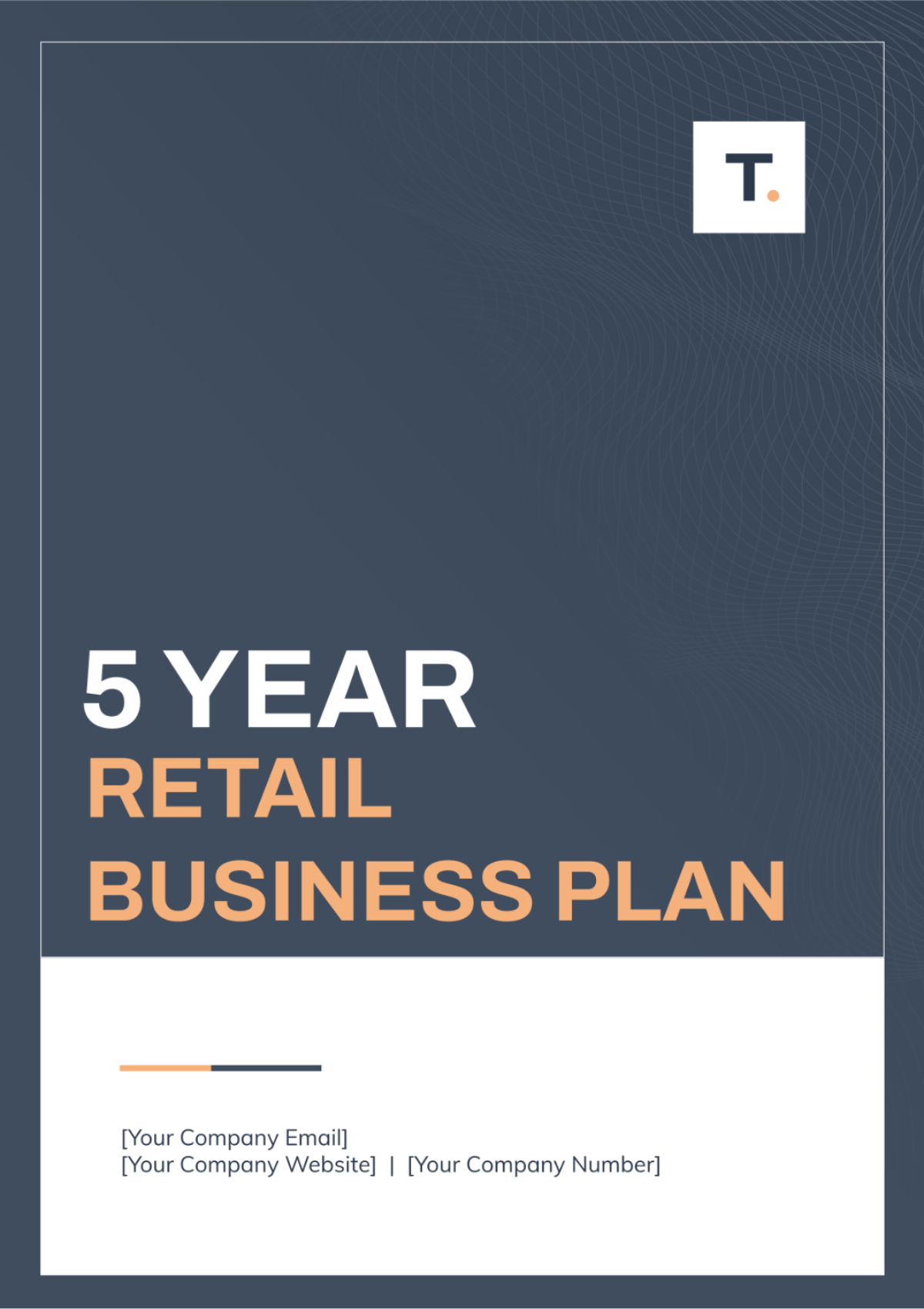
Prepared by: [YOUR NAME]
I. Executive Summary
[YOUR COMPANY NAME] aims to achieve significant growth over the next five years by expanding our market presence, enhancing our product offerings, and improving operational efficiency. This strategic plan outlines our objectives, strategies, and actions to reach our goals, supported by detailed financial projections and market analysis.
II. Company Overview
Company Name: [YOUR COMPANY NAME]
Location: [YOUR COMPANY ADDRESS]
Founded: 2050
Mission Statement: To provide high-quality retail products and exceptional customer service.
Vision Statement: To be the leading retail brand in our market, known for innovation and customer satisfaction.
Core Values: Integrity, Quality, Customer Focus, Innovation, Sustainability
III. Market Analysis
A. Industry Overview
The retail industry is expected to grow at a CAGR of 4% over the next five years, driven by increasing consumer spending, e-commerce growth, and technological advancements.
B. Target Market
Demographics: Adults aged 18-45, middle to upper-income, urban dwellers
Psychographics: Health-conscious, tech-savvy, brand-loyal
Market Size: $500 million
Growth Potential: 6% annual growth rate
C. Competitive Analysis
Key Competitors: [COMPETITOR 1 NAME], [COMPETITOR 2 NAME], [COMPETITOR 3 NAME]
Competitive Positioning: Premium quality, superior customer service, innovative products
D. SWOT Analysis
Strengths | Weaknesses |
|---|---|
Strong brand identity | Limited geographical presence |
High customer satisfaction | High operational costs |
Innovative product range | Dependence on a few suppliers |
Opportunities | Threats |
|---|---|
Market expansion | Intense competition |
E-commerce growth | Economic downturns |
Strategic partnerships | Changing consumer preferences |
IV. Strategic Objectives
Market Expansion:
Enter new geographical markets
Increase market share in existing markets
Product Development:
Expand product lines
Improve product quality and innovation
Operational Efficiency:
Streamline supply chain processes
Reduce operational costs
Customer Experience:
Enhance in-store and online customer experience
Improve customer service and support
Brand Awareness:
Strengthen brand identity and presence
Increase marketing and promotional activities
V. Strategies and Actions
A. Year 1
Conduct market research for new geographical expansion
Launch new marketing campaigns
Implement a new inventory management system
B. Year 2
Open new stores in targeted regions
Introduce new product lines
Enhance online shopping platform
C. Year 3
Optimize supply chain processes
Implement customer loyalty programs
Increase social media engagement
D. Year 4
Expand into international markets
Collaborate with influencers and brand ambassadors
Launch an advanced customer service portal
E. Year 5
Assess performance and adjust strategies as needed
Launch new innovation-driven products
Achieve significant market penetration and brand recognition
VI. Financial Projections
A. Revenue Forecast
Year | Revenue ($ Million) |
|---|---|
1 | 50 |
2 | 60 |
3 | 72 |
4 | 86 |
5 | 103 |
B. Expense Forecast
Year | Expenses ($ Million) |
|---|---|
1 | 30 |
2 | 36 |
3 | 43 |
4 | 50 |
5 | 60 |
C. Profit and Loss Statement
Year | Revenue ($ Million) | Expenses ($ Million) | Net Income ($ Million) |
|---|---|---|---|
1 | 50 | 30 | 20 |
2 | 60 | 36 | 24 |
3 | 72 | 43 | 29 |
4 | 86 | 50 | 36 |
5 | 103 | 60 | 43 |
D. Cash Flow Analysis
Year | Cash Inflow ($ Million) | Cash Outflow ($ Million) | Net Cash Flow ($ Million) |
|---|---|---|---|
1 | 55 | 35 | 20 |
2 | 65 | 40 | 25 |
3 | 78 | 45 | 33 |
4 | 92 | 55 | 37 |
5 | 110 | 65 | 45 |
VII. Implementation Plan
A. Milestones
Year | Milestone |
|---|---|
1 | Market research completed |
2 | New stores opened |
3 | Supply chain optimized |
4 | International expansion initiated |
5 | New products launched |
B. Resource Allocation
Category | Budget ($ Million) |
|---|---|
Marketing | 15 |
Operations | 20 |
Expansion | 25 |
Product Development | 10 |
Customer Service | 5 |
C. Risk Management
Risk | Mitigation Strategy |
|---|---|
Economic downturn | Diversify markets, maintain cash reserves |
Supply chain disruption | Develop alternative suppliers |
Competitive pressure | Focus on innovation and customer service |
VIII. Monitoring and Evaluation
A. Key Performance Indicators (KPIs)
KPI | Target |
|---|---|
Revenue Growth | 10% annual growth |
Customer Satisfaction | 90% satisfaction rate |
Market Share | Increase by 5% annually |
Online Sales Growth | 15% annual growth |
Operational Cost Reduction | 5% reduction annually |
B. Reporting
Quarterly Progress Reports: To be presented to stakeholders.
Annual Reviews: Comprehensive review of progress and strategy adjustments.
Stakeholder Communication Plan: Regular updates via meetings, emails, and reports.
IX. Conclusion
[YOUR COMPANY NAME] is committed to achieving its strategic objectives over the next five years through diligent planning, effective execution, and continuous improvement. This 5-Year Retail Business Plan serves as a comprehensive roadmap to guide our growth and success.
- 100% Customizable, free editor
- Access 1 Million+ Templates, photo’s & graphics
- Download or share as a template
- Click and replace photos, graphics, text, backgrounds
- Resize, crop, AI write & more
- Access advanced editor
Achieve retail success with Template.net’s 5 Year Retail Business Plan Template. This detailed and customizable template covers market analysis, competitive strategies, and financial projections, ensuring comprehensive business planning. Editable in our AI Editor Tool, it helps you outline and achieve long-term business objectives. What are you waiting for, download today!
You may also like
- One Page Business Plan
- Coffee Shop Business Plan
- Restaurant Business Plan
- Food Business Plan
- Real Estate Business Plan
- Executive Summary Business Plan
- Cover Page Business Plan
- Nonprofit Business Plan
- Daycare Business Plan
- Construction Business Plan
- Startup Business Plan
- Medical Business Plan
- Bakery Business Plan
- Service Plan
- Hotel Business Plan
- Catering Business Plan
- School Business Plan
- Healthcare Business Plan
- Transportation Plan
- Sports Plan
- Car Wash Business Plan
- Salon Business Plan
- Clothing Business Plan
- Farming Business Plan
- Boutique Plan
